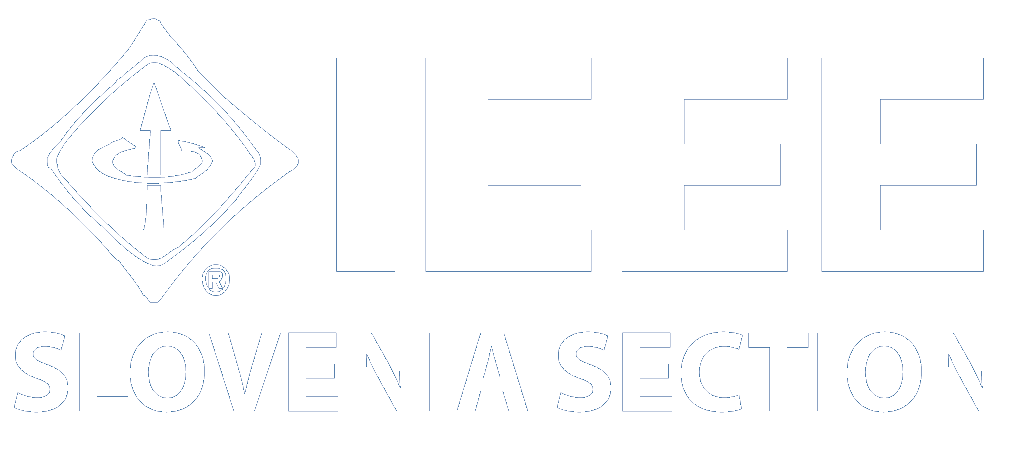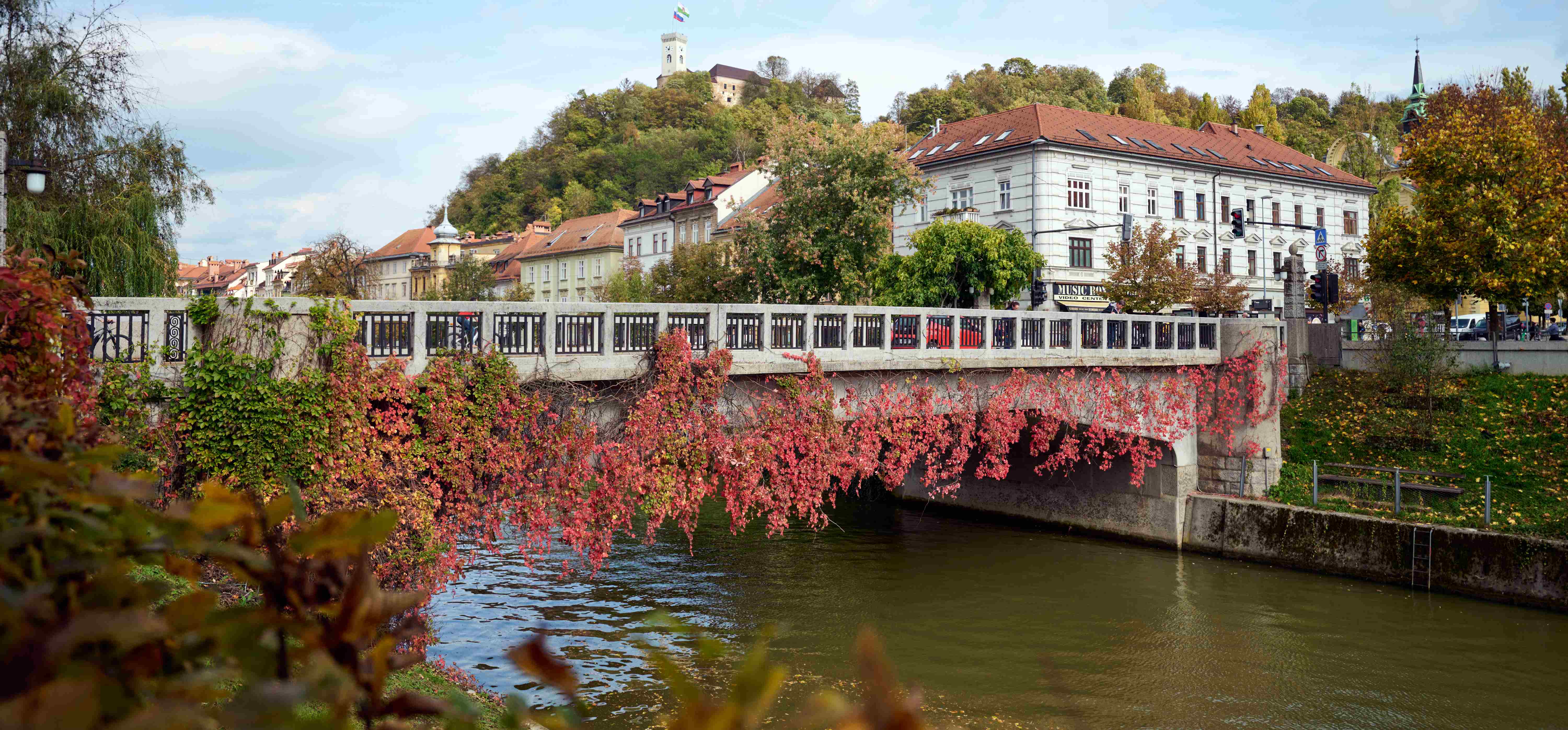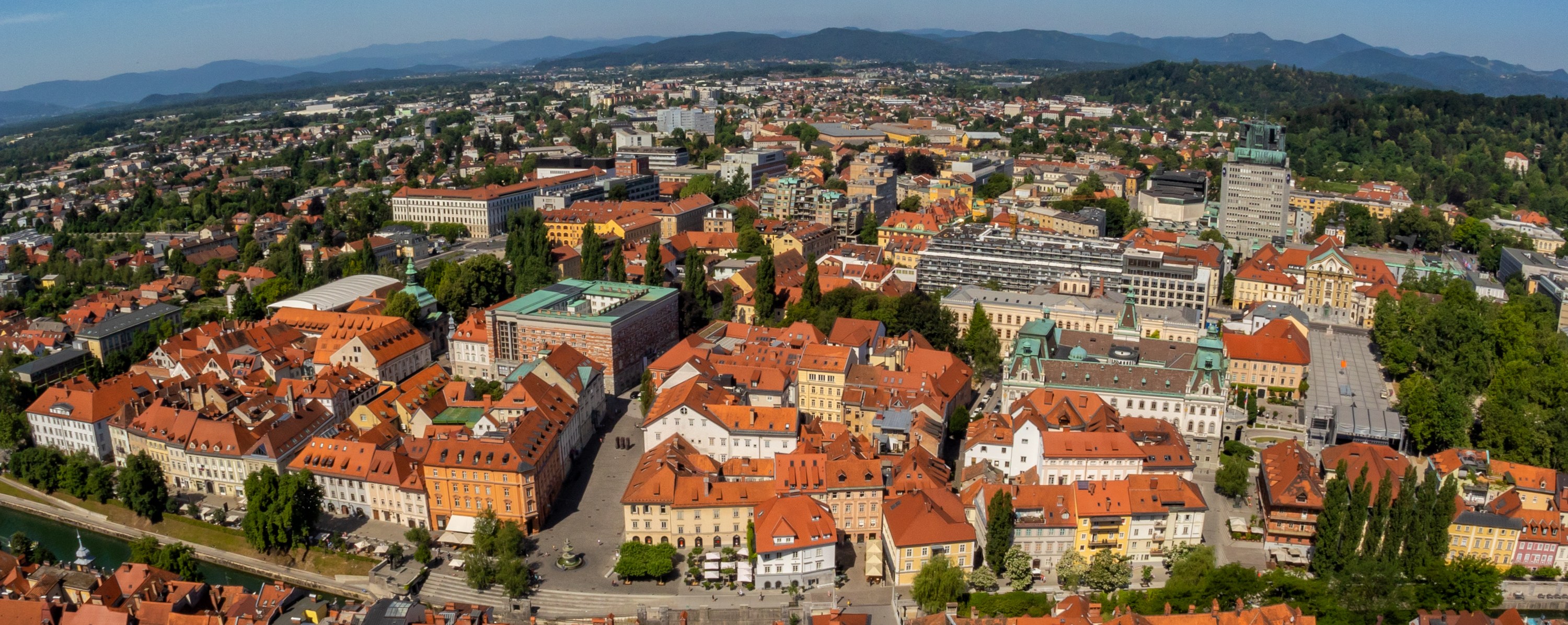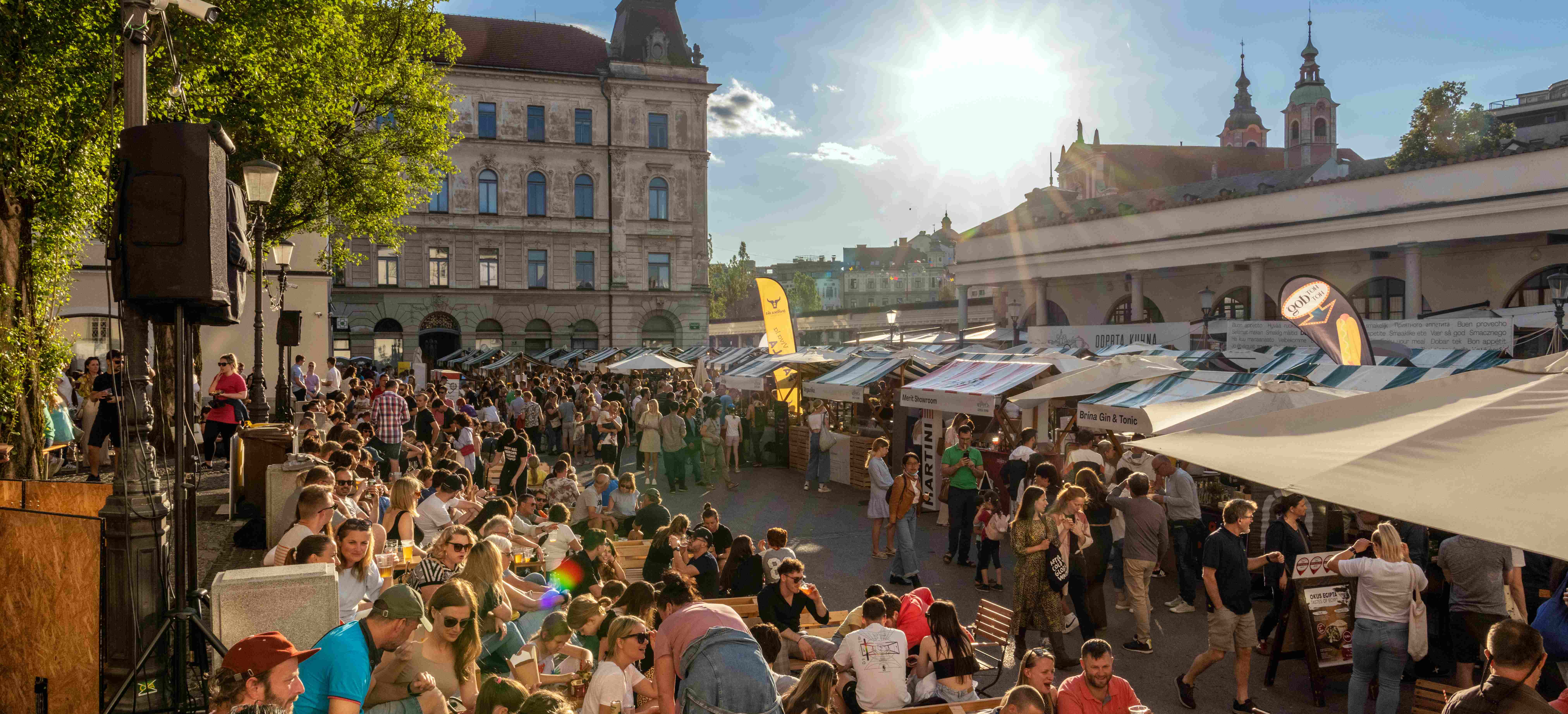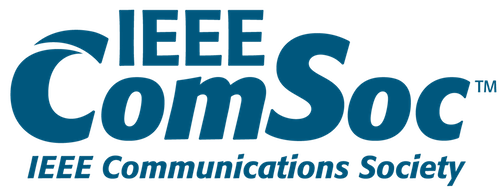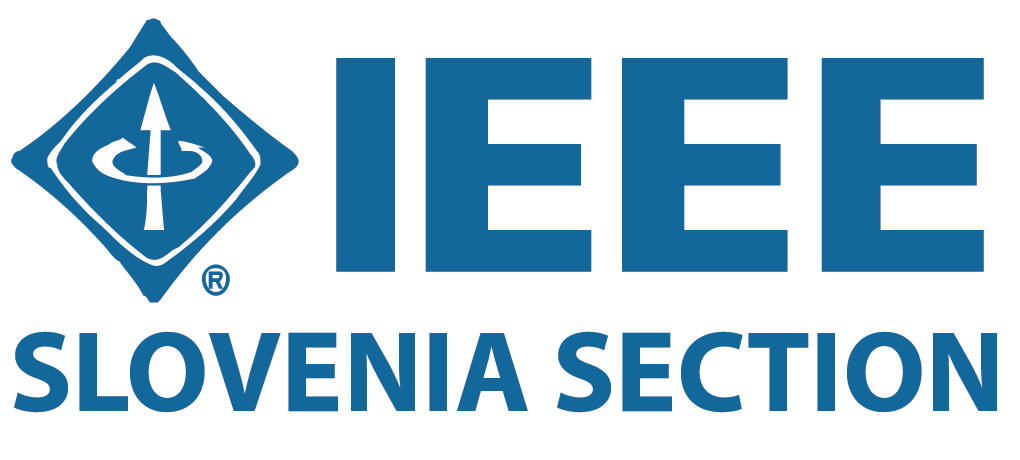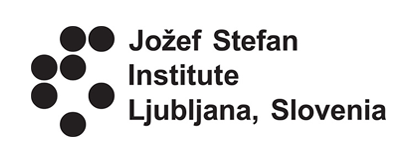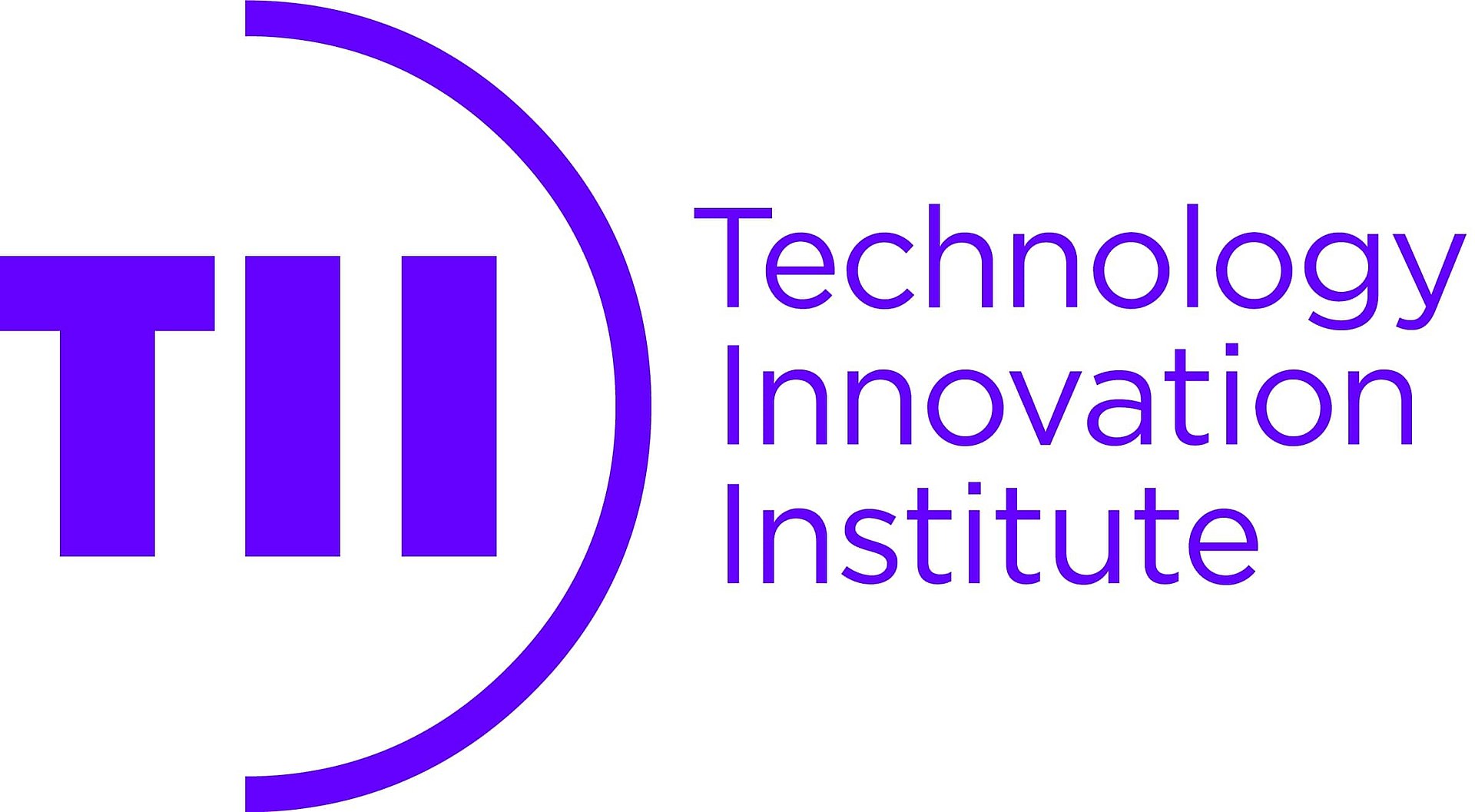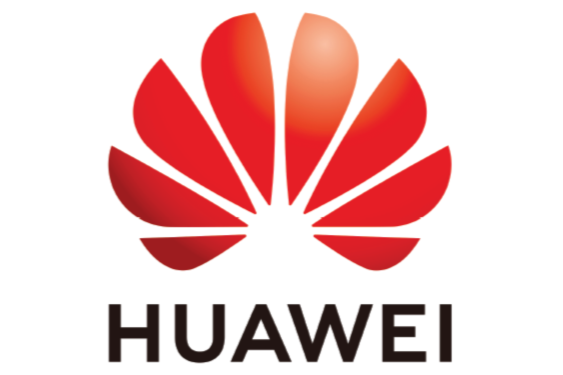5G and Beyond Orchestration Platforms and Use Cases — Enhancing Network Applications' Capabilities
Scope of the papers
The consolidation of Fifth Generation (5G) wireless mobile networks and the evolution toward the Sixth Generation (6G) are paving the way to make cloud-native applications fully equipped with networking capabilities, flexible, adaptable, and ready to exploit the potential of AI/ML in any form, centralized or distributed. Making cloud-native applications 5G/6G-ready entails a clear separation of concerns between the orchestration of micro-services composing a vertical application, along with the specification of their communication requirements, and the creation and orchestration of network slices tailored to ensure such requirements. This point of view has been adopted, among others, by the 5G-INDUCE H2020 5G PPP European Research Project. In the framework of the project, a platform has been designed and implemented, composed by the Network Applications Orchestrator (NAO), residing in the domain of vertical applications and designed to ease the task of application designers, and by the Network Functions Virtualization Orchestrator (NFVO), residing in the Network Service Operator's domain. The two orchestrators operate with the mediation of an intelligent Operations Support System (OSS). On this basis, 5G-INDUCE has developed three different Experimentation Facilities (ExFas) located in Greece, Italy and Spain, respectively, and is evaluating eight different Use Cases in the industrial sector. The aim of the Special Session is to present the essentials of the platform and the results of some Use Cases, also highlighting their AI/ML content, where present, along with invited presentations from some related H2020 ICT-41 projects. A presentation by an invited speaker on the general theme of the Session will be also included.
Submission Guidelines
Full Papers: Full paper submissions of original work (not previously published, or under review at another conference or journal) must not be longer than five pages. Accepted full papers will be published in IEEE Xplore.
Short Papers and Extended Abstracts: Submissions must not be longer than two pages. They should convince the reader that the author(s) would give an exciting presentation and stimulate lively discussion (will NOT be published in the conference proceedings).
Submissions are now accepted through EDAS.
Submit the PaperImportant Dates
- Paper submission deadline:
April 5, 2024;April 12, 2024 - Notification of acceptance: April 26, 2024
- Camera-ready papers due: May 3, 2024
Organizers and Chairs
- Franco Davoli, DITEN-University of Genoa / CNIT S2N National Lab
- Dimitris Klonidis, Ubitech
- Ioannis Tomkos, University of Patras
